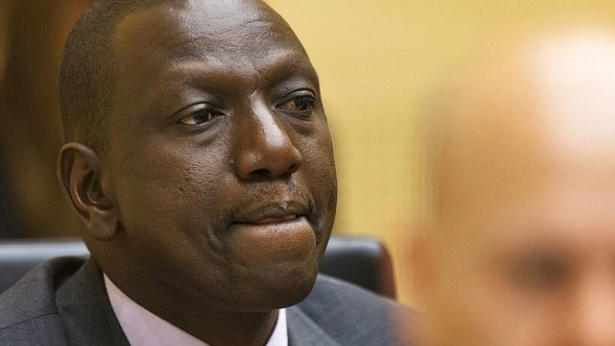
Kenya: Supreme Court reignites tensions by reviving controversial 2023 Finance Bill
Kenya's Supreme Court has just rekindled tensions by rehabilitating the 2023 Finance Bill, a decision that has revived the heated debate around taxation and the cost of living in the country. This text, supported by the government of William Ruto, had provoked strong popular protest, mainly because of the tax increases and the reduction of subsidies, measures that hit low-income households and the Kenyan middle class hardest.
The Supreme Court, arbiter of an economic and social showdown
The Supreme Court's approval of the bill strengthens executive power, allowing President Ruto to implement a controversial economic reform that he says aims to "stabilize" public finances and attract foreign investment. However, for many Kenyans, the move represents a departure from Ruto's campaign promises to create a more supportive economy for struggling citizens. The bill includes an increase in VAT on fuel and additional taxes on telecommunications and real estate, sectors that are vital to much of the population.
This court decision comes after several months of fierce debate. Opponents of the text have repeatedly expressed their concern about the worsening of living conditions, believing that the bill will exacerbate poverty by making many products and services inaccessible to the most vulnerable. Trade unions, civil society organizations and part of the political opposition had also massively denounced this text, describing the tax increase as unfair and disconnected from the realities of Kenyan households.
A bill that symbolises the contradictions of the Ruto administration
President Ruto’s stance on the tax reform only serves to fuel criticism, as he had initially promised an economic policy that would benefit workers and small businesses. However, the bill, which increases taxes while reducing subsidies, appears to be more aligned with international financial imperatives than local expectations. Ruto’s supporters, however, argue that the measures are necessary to curb the country’s growing national debt and strengthen its financial autonomy.
Government economists point out that the increase in VAT and taxes on strategic economic sectors is supposed to inject new revenues into public coffers, which are now weakened by a large foreign debt. But critics of this strategy point out that these taxes risk further strangling small entrepreneurs and ordinary consumers. Recent polls show that the public opinion remains overwhelmingly opposed to this law, believing that it goes against election promises and worsens an already fragile economic situation, marked by rising food prices and worrying unemployment.
Towards a new wave of protests?
The Supreme Court’s decision could spark a new round of protests and mobilizations across Kenya. Over the past year, several mass protests have rocked Nairobi and other major cities across the country, with citizens denouncing soaring prices and declining purchasing power. These rallies could grow in the coming days, as the opposition led by Raila Odinga and trade unions have already called for protests against the revival of the bill.
The specter of civil disobedience looms large over Kenya’s social climate, especially as many community leaders and civil society organizations see the approval of this bill as a betrayal of the promises of social justice and economic equity. They fear that the reform will introduce even more glaring economic disparities between social classes, at a time when the country is struggling to recover from the impacts of the COVID-19 pandemic and the climate crisis that is affecting its crops.
In short, the Kenyan Supreme Court has, with this decision, reignited the national debate around the country's economic and fiscal model. While the government seems determined to move forward with this controversial reform, civil society and a large part of the citizenry remain determined to express their disagreement with what they perceive as an unbearable tax burden. Kenya is thus entering a period where social cohesion could be put to the test, while each camp firmly stands firm on its positions, between budgetary necessity and social justice.



Leave a comment
This site is protected by hCaptcha and the hCaptcha Privacy Policy and Terms of Service apply.